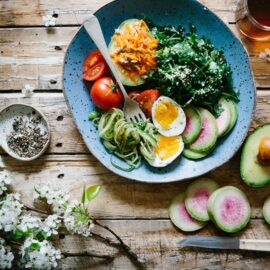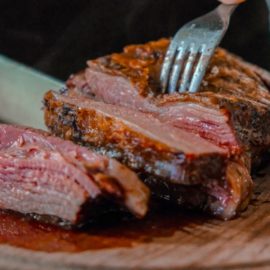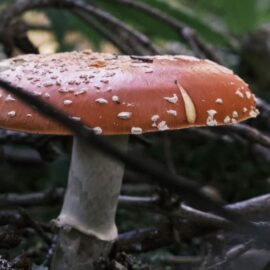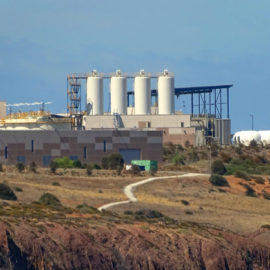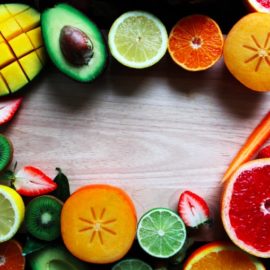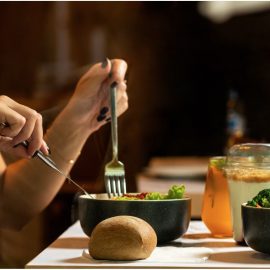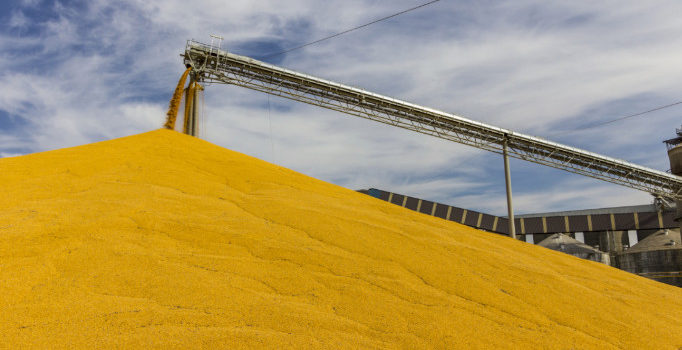
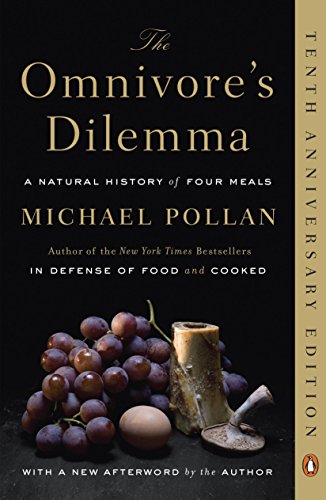
This article is an excerpt from the Shortform summary of "The Omnivore's Dilemma" by Michael Pollan. Shortform has the world's best summaries of books you should be reading.
Like this article? Sign up for a free trial here .
What is corn wet milling? What does it produce, and what is the point of corn wet milling?
If the corn flowing from midwestern elevators doesn’t end up feeding cattle, it likely goes to a corn “wet” mill, which is the first stage for processing it into numerous food products. (They’re called wet mills to distinguish them from traditional mills that just grind corn into dry meal.)
We eat less than a bushel of corn per person per year in its original form. Yet we each consume a ton of corn annually, mostly through ingredients in processed products, such as breakfast cereals, condiments, or snacks.
“Wet” corn mills turn corn into components that companies like General Mills, McDonalds, and Coca-Cola use in processed foods. The wet corn milling process reduces corn to simple molecules, mostly sugars, forming corn syrup, the first domestic substitute for cane sugar. It was further refined into high-fructose corn syrup in the 1970s, which is now the predominant processed product made from corn and is the main ingredient in soda.
The corn mill takes apart the corn kernel:
- The skin is processed into vitamins and nutrition supplements.
- The germ is crushed into oil.
- The endosperm contains complex carbohydrates, which become sugar, starch, acids, and alcohols. They fill the ingredient lists of processed foods. Examples are citric acid, maltodextrin and xanthan gum.
Corn wet milling, like other industrial food processes, is energy-intensive, requiring fossil fuel.
———End of Preview———

Like what you just read? Read the rest of the world's best summary of Michael Pollan's "The Omnivore's Dilemma" at Shortform . Learn the book's critical concepts in 20 minutes or less .
Here's what you'll find in our full Omnivore's Dilemma summary :
- What does Omnivore's Dilemma mean?
- Why is industrial farming so bad for you and the environment?
- How did corn and its byproducts (like corn syrup) end up in tens of thousands of foods?
- How is Industrial Organic food like at Whole Foods not much better than massive industrial farming?
- What happens when you try to forage for your own food?

